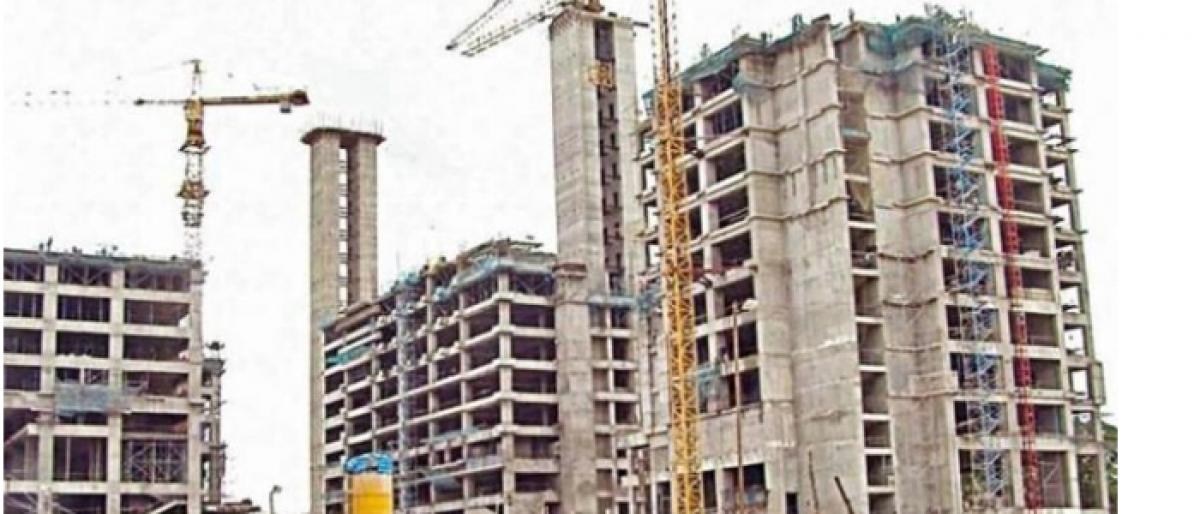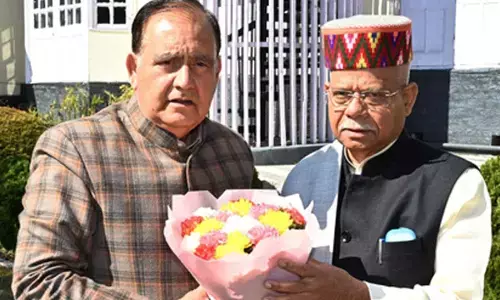How independent is Indian real estate today?

In the 71 years since India gained independence, the countrys real estate market has changed tremendously While it has not always been consumerfavouring throughout this period, it is certainly so today The countrys cities have expanded, new economic drivers have come in and jobs are being created at all levels
In the 71 years since India gained independence, the country’s real estate market has changed tremendously. While it has not always been consumer-favouring throughout this period, it is certainly so today. The country’s cities have expanded, new economic drivers have come in and jobs are being created at all levels.
Likewise, appropriate housing is now being created for all income levels. The current government has taken the needs of the people to heart and deployed various policy initiatives to ensure that homeownership becomes affordable and desirable.
Like the real estate market itself, the market for housing loans has become very competitive, giving consumers the edge of choice. Moreover, property prices have also rationalized across the country after the government's demonetization move late last year.
While it was initially expected that only the resale homes and land markets would be affected, it quickly became evident that the lowered sentiment had percolated in primary sales as well.
Many of the most important changes to positively impact home buyers in India so far have been at the policy level, while others have been induced by advances in technology.
Buyer sentiment today
For a long time, India's independence did not have too many favourable connotations for aspiring home buyers. Their disadvantageous position had a lot to do with the fact that the real estate market was largely held hostage by developers. Today, this scenario has changed significantly.
Over the past two years, we have seen the decisive return of consumer power on the market, with the arrival of the Real Estate Regulatory Act (RERA), providing the final edge. While RERA is still experiencing teething troubles, it is for certain that it is here to stay - finally putting buyers firmly in the driver seat. The Act is by far the most convincing manifestation of independence for home buyers in modern-day India, promising to eventually bring the residential property market on par with international standards of transparency and accountability to consumers.
We are already seeing a return of homebuyer interest on the back of this major policy reform, and there will be faster forward momentum going forward.
Meanwhile, the opening up of new locations via rapid infrastructure deployment and various consumer-favouring policy initiatives by the government are boosting housing affordability. With RERA simultaneously cleaning up the market of unscrupulous elements, the market is becoming larger, more wholesome and more attractive than ever before. We are indeed poised at the cusp of massive change, and the consumer is the primary beneficiary.
A game-changer called GST
GST is a major step towards financial transparency, which can be read as freedom in the context of real estate if we consider the previous complex and often opaque layers of taxation which applied to real estate purchase as bondage. Most of the previous taxes have been consolidated under this one tax, and, having greater clarity about how much the final price of buying a home frees the mind from uncertainty.
Housing for All by 2022?
The central government's 'Housing for All by 2022' vision may seem overly ambitious. According to a recent report by the government report, the shortage of urban housing in India has reduced from 24.7 million, estimated at the start of the 11th five-year plan 2007 to 18.78 million in the next five-year plan 2012-2017. A shortfall of close to 19 million homes is not inconsiderable.
Nevertheless, as an electoral promise, it remains uniquely evocative and relevant for Indians today. Indeed, a roof over every Indian's head would be the most compelling deliverable for any government to actually deliver.
Can this dream be achieved? A lot would depend on making land for affordable housing available where it is needed the most, making the creation of mass housing a more attractive business proposition to developers, etc.
Definitely, the government has within its grasp the means to make it happen. Perhaps Independent India will indeed see this ambitious goal achieved by 2022. For now, however, we can still look back with justifiable pride and satisfaction over the milestones already crossed.
Over 71 years of variable economic growth led by different industries and subjected to rapidly changing market environments, India today stands heads and shoulders above other emerging countries.








